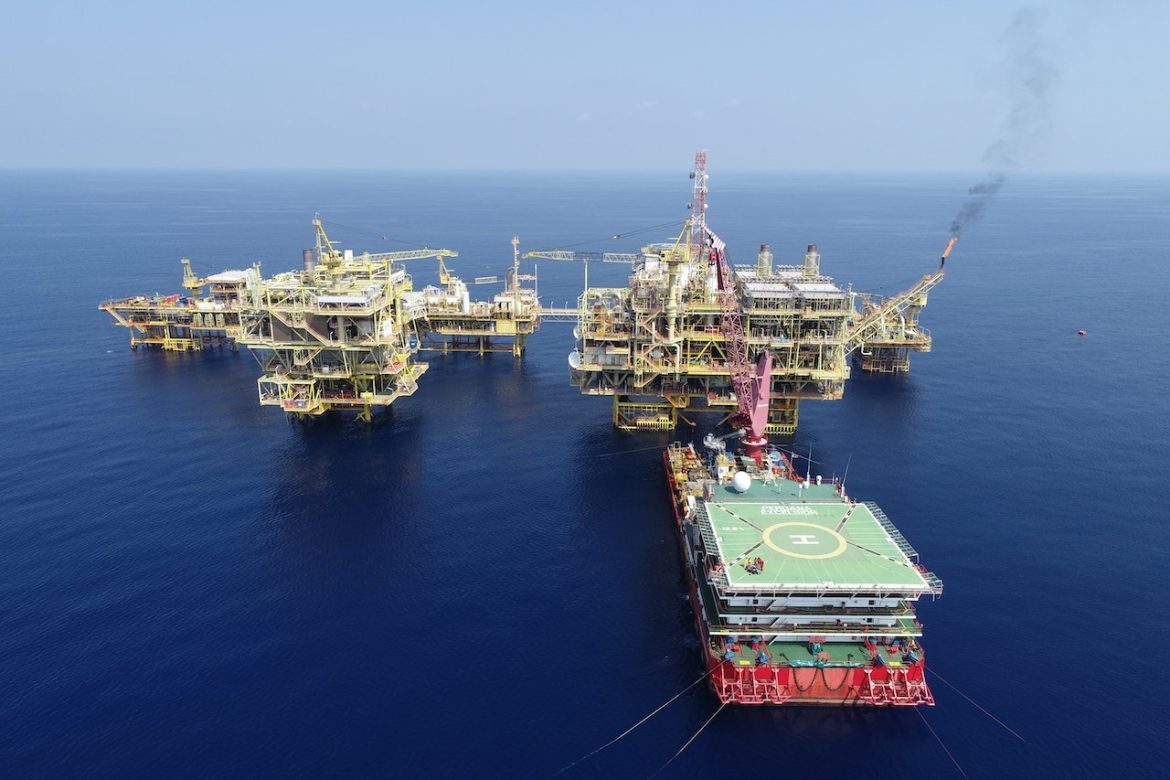In a move that signals Brazil’s ambition to explore new energy frontiers, the nation is considering venturing into the Equatorial Margin for oil extraction. However, Finance Minister Fernando Haddad emphasised the importance of treading cautiously, citing the region’s ecological significance.
Stretching over 2,200 kilometres (around 1,370 miles) along Brazil’s northern and northeastern coastlines, the Equatorial Margin is a vast expanse of deepwater and ultra-deepwater assets. Reuters reported that this region is rich in oil potential and a sanctuary for biodiversity.
In a recent televised discussion, Haddad remarked, “Petrobras is contemplating drawing oil from the Equatorial Margin, but it must uphold strict environmental standards. The area is a reservoir of rich biodiversity; its protection is paramount.”
However, Brazil’s environmental watchdog, Ibama, previously rejected Petrobras’ request for a licence to conduct exploratory research in this sensitive region. The denial was grounded in concerns over the oil giant’s preparatory studies. According to Ibama, the research undertaken during the previous administration was incomplete and lacked comprehensive plans for environmental safeguarding.
Although Petrobras has contested this decision, Ibama has yet to offer a final verdict.
Further supporting the idea of exploration, President Luiz Inacio Lula da Silva highlighted the area’s potential during a recent visit to India. He stated, “Brazil remains committed to researching the wealth of the Equatorial Margin. If we discover the anticipated resources, the state’s prerogative will determine their exploitation.”
Haddad also drew attention to Petrobras’s green initiatives, noting the company’s massive commitment to wind energy. He mentioned Petrobras’s announcement to invest a staggering 100 billion reais (equivalent to $20.5 billion) in this renewable sector.
This dual approach—exploration for oil in new territories while simultaneously bolstering renewable energy investments—positions Brazil at the crossroads of traditional energy sources and the future’s sustainable alternatives.
With the world keenly watching, Brazil’s decisions about the Equatorial Margin will indicate its broader energy strategy and commitment to environmental stewardship.



